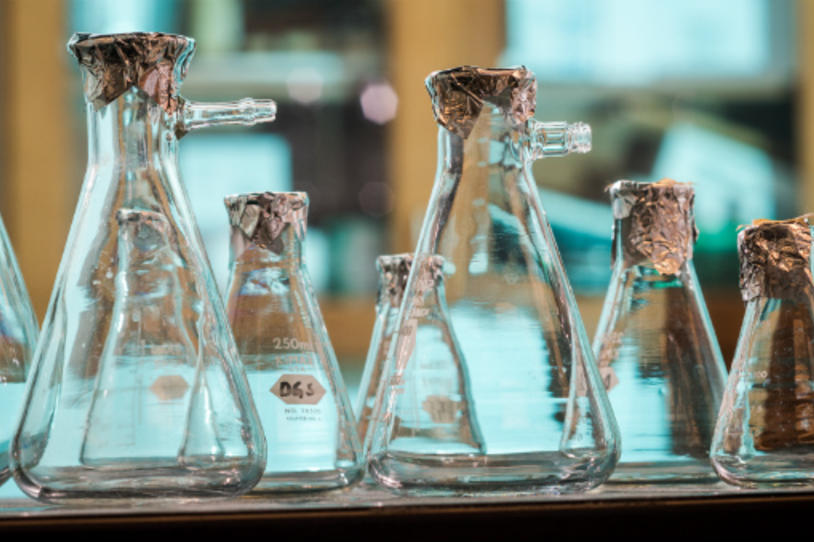
A news story is circulating about a pill to stop Parkinson's. For the millions of people looking forward to a therapy that could slow or stop disease — something we don't yet have — articles like this offer hope, but often (as in this case) they also overpromise.
Here we talk about the science and hype in this recent news and how you can be a savvy consumer.
The Science: Targeting Inflammation to Stop Parkinson's
Researchers at The University of Queensland, in partnership with biotech Inflazome Ltd., recently announced positive findings from pre-clinical testing of a novel therapy to slow or stop Parkinson's progression. A once-daily, oral medication that lessens brain inflammation acted to decrease brain cell loss, increase levels of dopamine (the brain chemical that goes missing in Parkinson's) and improve movement symptoms. The Michael J. Fox Foundation, with partner Shake It Up Australia Foundation, provided funding for the study. The next step is human testing, in which a therapy goes through a rigorous (and lengthy) process to determine whether it is safe, tolerable and efficacious.
The Hype: Overpromising on Early Research
The results do look promising, but the author hypes the science with a sensational title and broad conclusions. Because this is pre-clinical data, the therapy needs to go through several steps (and many years) of testing before it may be ready and valid for human use. (Unfortunately, clinical trials are the steps at which many therapies fail.) The Michael J. Fox Foundation is enthusiastic about new targets and positive results. But it's disappointing when the media plays on patients' and families' hopes.
Balancing Hope and Hype: Being a Savvy Science Consumer
News bombards us constantly and, especially when you're waiting (understandably) impatiently for the latest breakthrough, it can be hard to differentiate information from misinformation. But anyone can be a smart consumer of research news. Don't believe everything you read (or hear) and look to unbiased sources, such as our website, to help you put news in context. Read an Ask the MD blog for more tips.
